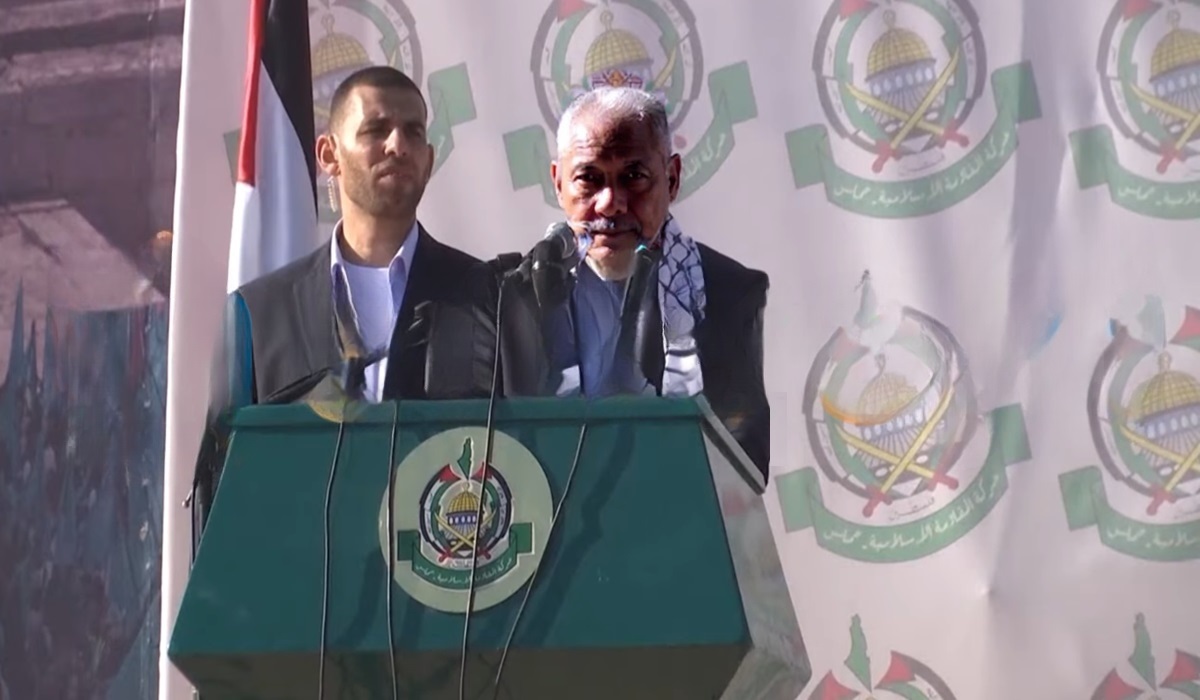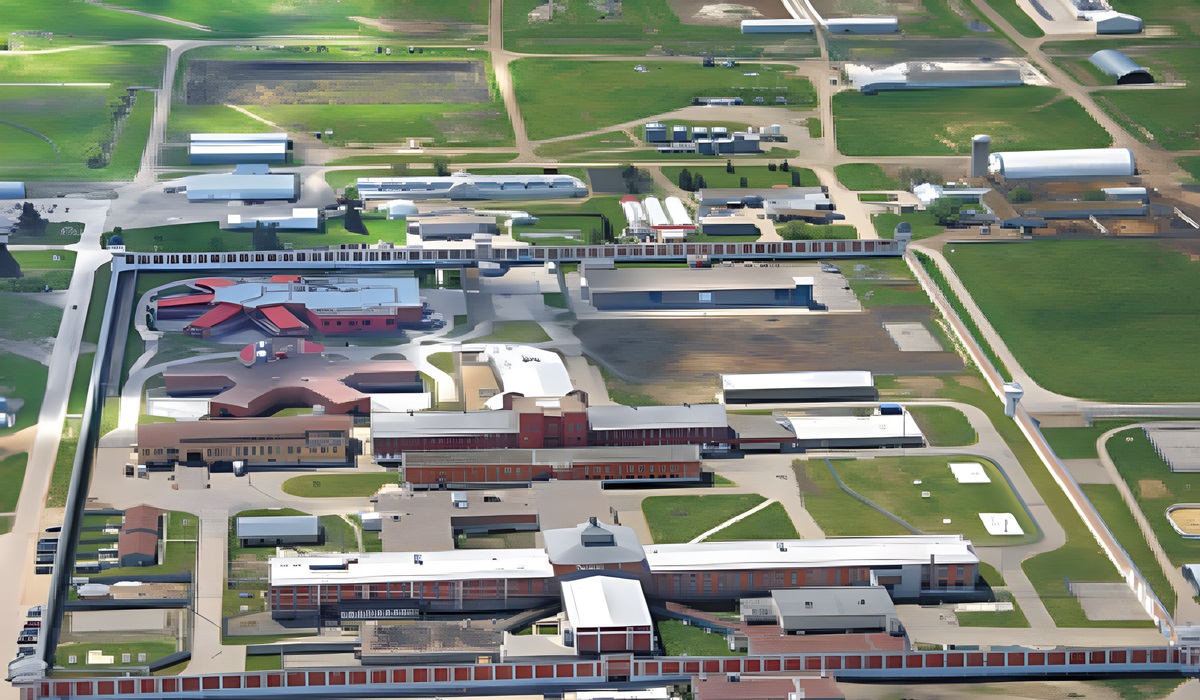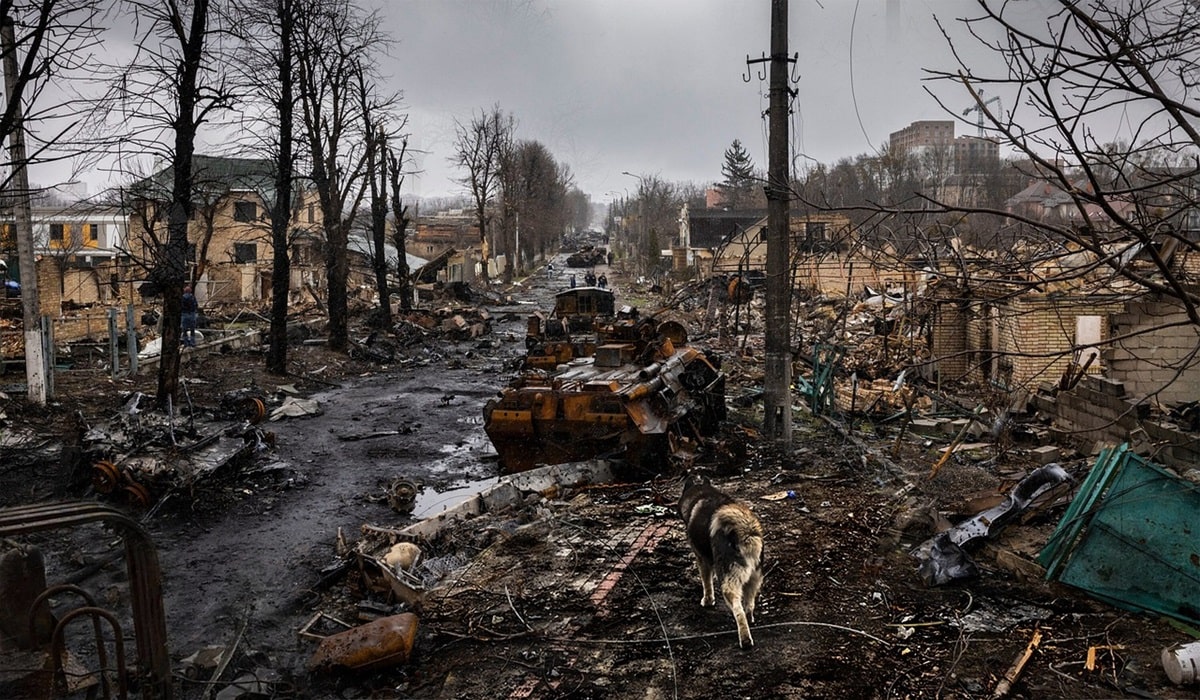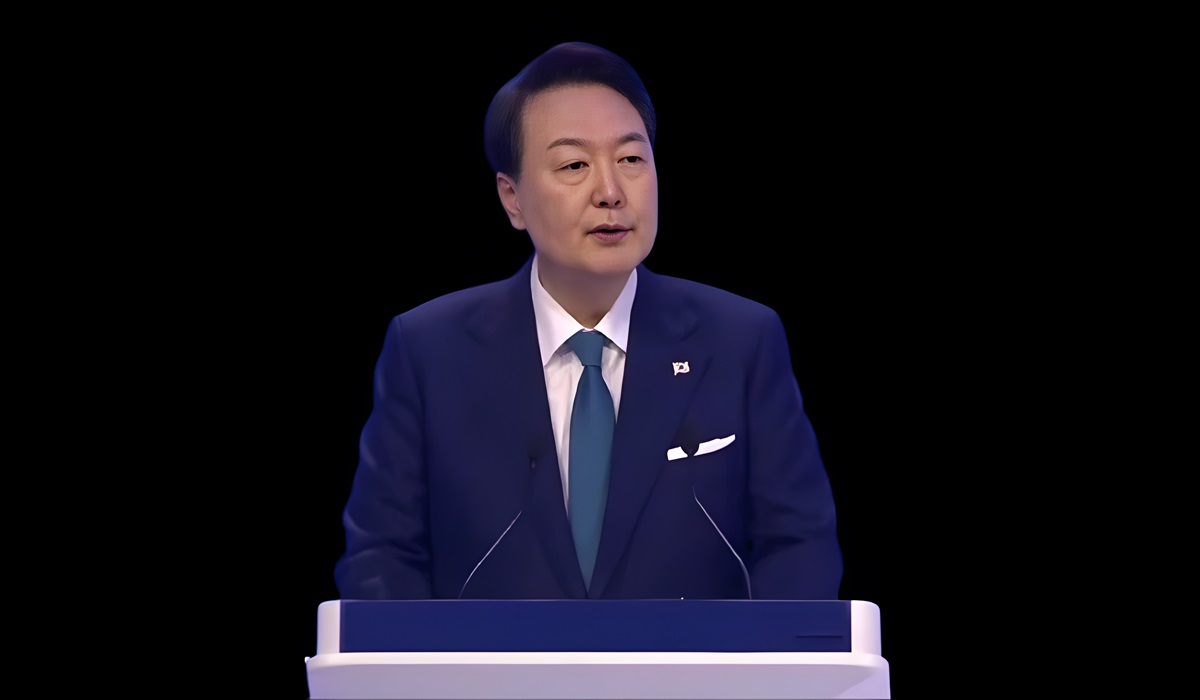Death of Yahya Sinwar: What It Means for Hamas and the Israel-Gaza Conflict
- TDS News
- Breaking News
- October 18, 2024

The killing of Yahya Sinwar, a prominent Hamas leader believed to be the mastermind behind the October 7 attacks, marks a significant moment in the ongoing Israel-Hamas conflict. Israeli authorities confirmed that Sinwar was killed by a gunshot to the head, contradicting earlier reports by the Israeli Defense Forces (IDF) that suggested his death resulted from a tank shell that hit the building where he had been sheltering after sustaining injuries. This revelation came from Israel’s chief pathologist, adding a new layer of complexity to the circumstances surrounding his death.
Sinwar, often referred to as the architect of the brutal attacks that claimed the lives of over 1,400 Israelis, played a pivotal role within Hamas. The group’s vow of retaliation in response to his assassination signals a potential escalation in hostilities. The killing of such a high-ranking figure within Hamas, whose influence stretched across the organization’s military and political wings, is likely to further inflame tensions in an already volatile situation.
This is not the first time a high-level leader of Hamas has been targeted and killed by Israel. The IDF has a long-standing strategy of eliminating key figures within Hamas, aiming to weaken the group’s operational capabilities. However, the removal of such leaders often leads to swift retaliation and an intensification of the conflict, as Hamas perceives these actions as direct provocations and challenges to its authority.
In the wake of Sinwar’s death, Hamas is left without an official leader at the helm, sparking speculation about who will succeed him. Among those rumored to take on a larger role is Mohammad Sinwar, Yahya’s brother, who already holds considerable sway within Hamas. His potential rise to power could signal a continuation of the aggressive tactics that have defined Yahya’s tenure. Alternatively, the organization may choose to elevate another figure to the leadership, someone whose approach could either reinforce or alter Hamas’ current strategies.
The timing of Sinwar’s assassination, especially after the devastating October 7 attacks, raises questions about its long-term implications for the conflict. On one hand, it could deal a significant blow to Hamas’ command structure, especially given Sinwar’s prominence in orchestrating operations. On the other hand, it may embolden the group to launch retaliatory attacks, plunging the region into further violence.
For Israel, this assassination is part of a broader military campaign aimed at dismantling Hamas’ leadership and curbing its influence over the Gaza Strip. Yet, history has shown that the death of one leader rarely cripples an organization like Hamas, which has a robust network of operatives and a deep-rooted ideology that fuels its continued existence.
Hamas has vowed to retaliate, raising the stakes for both sides. As the organization grieves its loss and plots its next move, the Israeli government must brace for possible counterattacks, which could come in the form of rocket fire, targeted killings, or other forms of asymmetric warfare.
In this complex and deeply entrenched conflict, the assassination of Yahya Sinwar will undoubtedly have far-reaching consequences, both in the short and long term. It remains to be seen how Hamas will reorganize itself in the aftermath, but one thing is certain: the cycle of violence between Israel and Hamas shows no signs of abating anytime soon.








